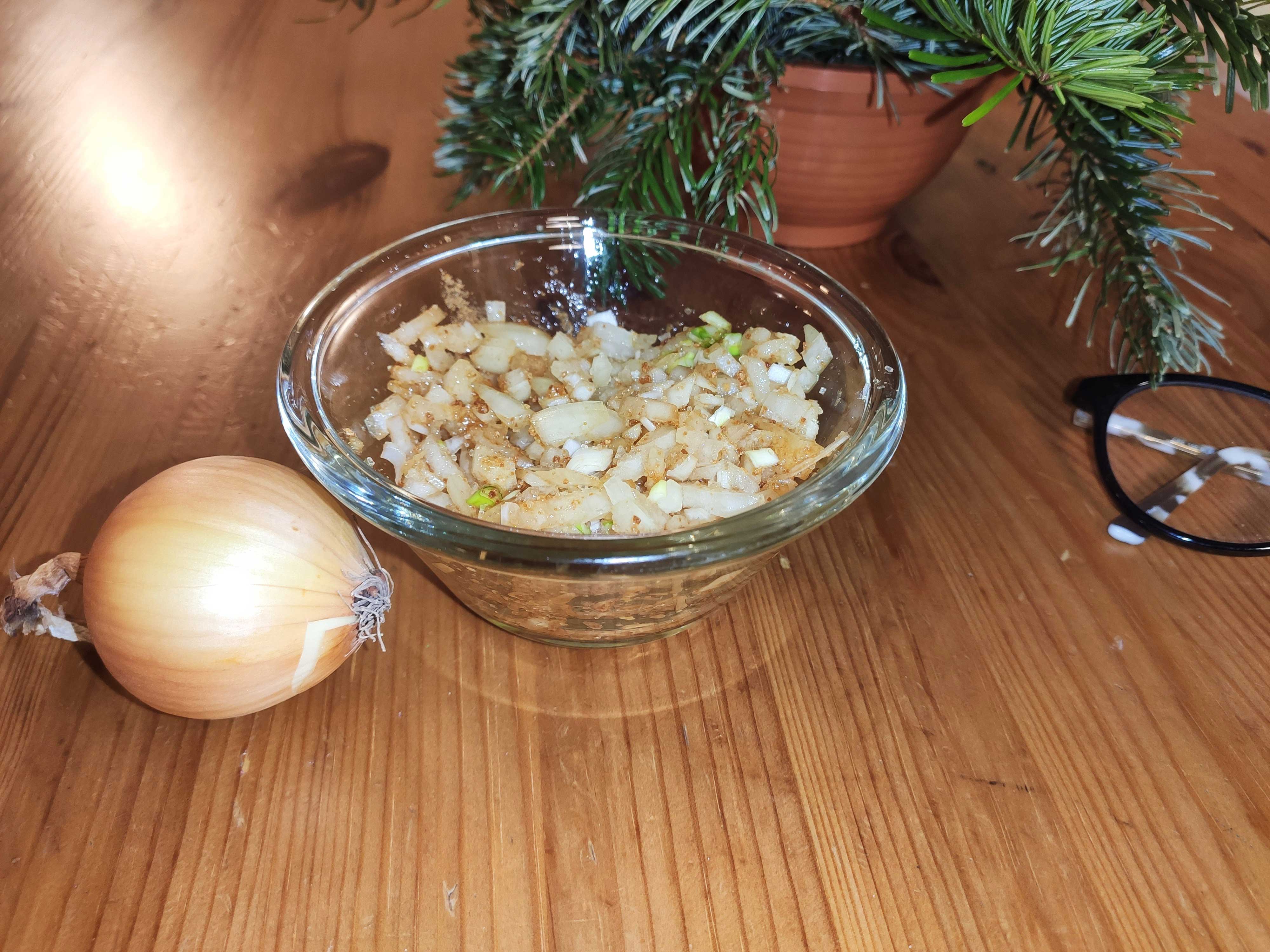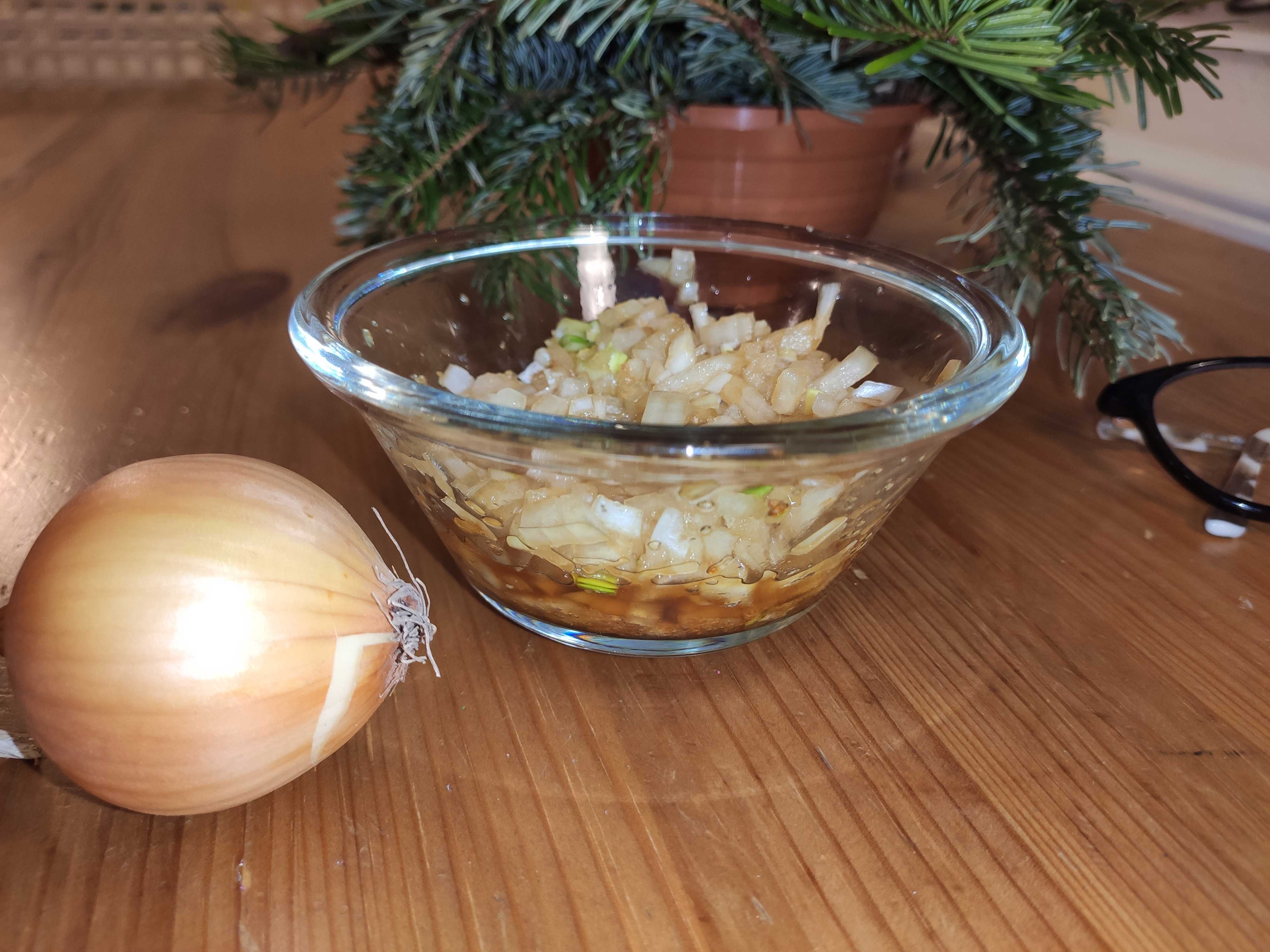Cough is a really necessary but also very annoying symptom of many illnesses. We need it – that mucus isn’t going to move itself and blocks up our airways, so we cough. But it also keeps us up at night, making the healing process all the more difficult. It turns us into social pariahs and highly undesirable bedroom companions.
We have tried many solutions and strangely enough, these simple homemade or natural remedies worked best for us. Even the FDA and American Academy of Pediatrics state that cough and cold medication don’t work on kids younger than 6 and only add the needless risk of possible side effects. British health authorities recommend honey as the first line solution to cough (ref and ref) – and no wonder, in 2007 and 2010 studies, honey proved to be the winner in a comparison between no treatment, the cough suppressant dextromethorphan and honey for nocturnal cough and sleep quality in coughing children and parents. So – why not give it a go?
What is Cough? (Baby don’t hurt me…)
A cough is a way of cleaning the airways of any undesired element – be it that bit of rice that went down the wrong way, or mucus from the latest bout of common cold. It is inevitable and highly useful. So our goal isn’t to kill off cough. We want to help dissolve the mucus so our coughing can be efficient during the day, and soothe the respiratory tract in the evening so we can get a bit of relatively cough-free sleep for even speedier recovery.
In general, if your coughing doesn’t go away or get better after about 2 weeks, or even gets worse, you might want to consult your physician.
Tried and Tested Home Solutions
Our two personal favorites are fairly simple, onion syrup and honey. Here they are in more detail:
Onion Syrup
It does sound horrible, but despite ingredients, it’s actually not too bad. The smell isn’t great, but the taste is quite mild and some even like it. The fact that it has been swallowed without too much protest by several very picky children, speaks volumes. For better taste, you can add some lemon juice. Using red onion instead of the sharper yellow will also help keep the pungent smell at bay.
It is easy to prepare and apart from making it easier for the body to get rid of the phlegm (it thins it so it’s easier to get rid of), it will even give you some vitamin C, folic acid and thiamine (both B vitamins), the lovely flavonoid (cell protector), quercetin, some potassium, and beneficial sulphur compounds, the most notable of those being allicin (yes, you will also find it in garlic), a compound with broad antimicrobial properties which can even deal with antibiotic-resistant strains. All these are good arguments for keeping onion on your daily plate even when the coughing is over, as onion consumption may lead to a decreased risk of breast cancer (ref), stomach ulcers (raw, ref), increase your bone density (ref) and other delightful benefits – you’ve just got to love onion.
How to make it:
Dice or slice an onion and cover it with sugar. Mix in the sugar, cover and leave alone. Within about an hour or two, the onion will release juice that melts with the sugar, and you can eat about two to three teaspoons of it during the day, up until late afternoon. Make a fresh batch in the morning for a new day.
This is how it looks once you’ve started:

After about an hour and a half, the onion will have released its juices:

Some recipes recommend the use of honey instead of sugar, but since honey acts as a cough suppressant and the onion thins the mucus (helps you cough up the phlegm, so coughing is desirable), it’s best to go with the sugar, although you’d get an effect with honey too, no worries.
Honey
What an amazing thing honey is. But first, a very important word of WARNING – never give honey to children younger than 1 year. Honey can sometimes contain spores of bacteria that cause botulism. The digestive systems of children older than 1 year can safely handle these spores, if they are present, but children younger than 1 year cannot and the results may be grim.
Honey is very good for soothing a sore throat but is also an effective cough suppressant, better even than some over-the-counter medication. Two spoonfuls before bed should make for a quieter night, and drinking tea with lemon and honey throughout the day should make your throat happier. To make sure the active properties of honey aren’t destroyed by heat, only add the honey when your tea or hot water has cooled down to drinking temperature.
Some people swear on drinking warm milk with honey. If you can take the taste of warm milk and you don’t have a problem with milk (in some people, it can lead to increased mucus production), it’s a very good evening remedy. Honey takes care of your cough while milk, with its amino acid tryptophan, should promote better sleep.
Eucalyptus
You will need to buy some eucalyptus oil – make sure you don’t buy perfumed oil, but actual eucalyptus essential oil if you want results. Put a few drops in an aroma lamp in the evening and observe the difference. This saved our kids a lot of harsh nights. A drop or two in a hot bath is also a nice inhalant! Or go for traditional steam inhalation – simply put a drop or two eucalyptus oil in a bowl of steaming hot water over it, put your face as close as you can (don’t burn yourself) to the vapors and cover your head over the bowl with a towel to trap the steam in. It is really not recommended to use eucalyptus oil directly on the skin. The beneficial results of eucalyptus on bronchitis have been tested with good results.
Peppermint
Peppermint is another wonderful cough remedy. You can enjoy peppermint tea or an inhalation, or both. If you decide to use essential oil for steam inhalation, do not use it on children under 3 years, even in a diffuser or aroma lamp.
No sweets
This is a highly unpopular home remedy. Yet sugar, the comforting devil, has been shown to lower the body’s immune response (ref) and you will do well to at least lower your sugar consumption when you’re sick. If you have to replace, stevia, erythritol, and xylitol (safe sugar alcohols) are good go-tos. (Word of warning – while xylitol is fine for humans apart from a slight laxative tendency when you take too much of it, and is even good for your teeth, it is poisonous to dogs so be careful if you have one!)
In closing, we hope you will navigate the mucous waters of the common cold as swiftly and painlessly as possible, if you have a favorite remedy, we’d be happy to hear from you!




